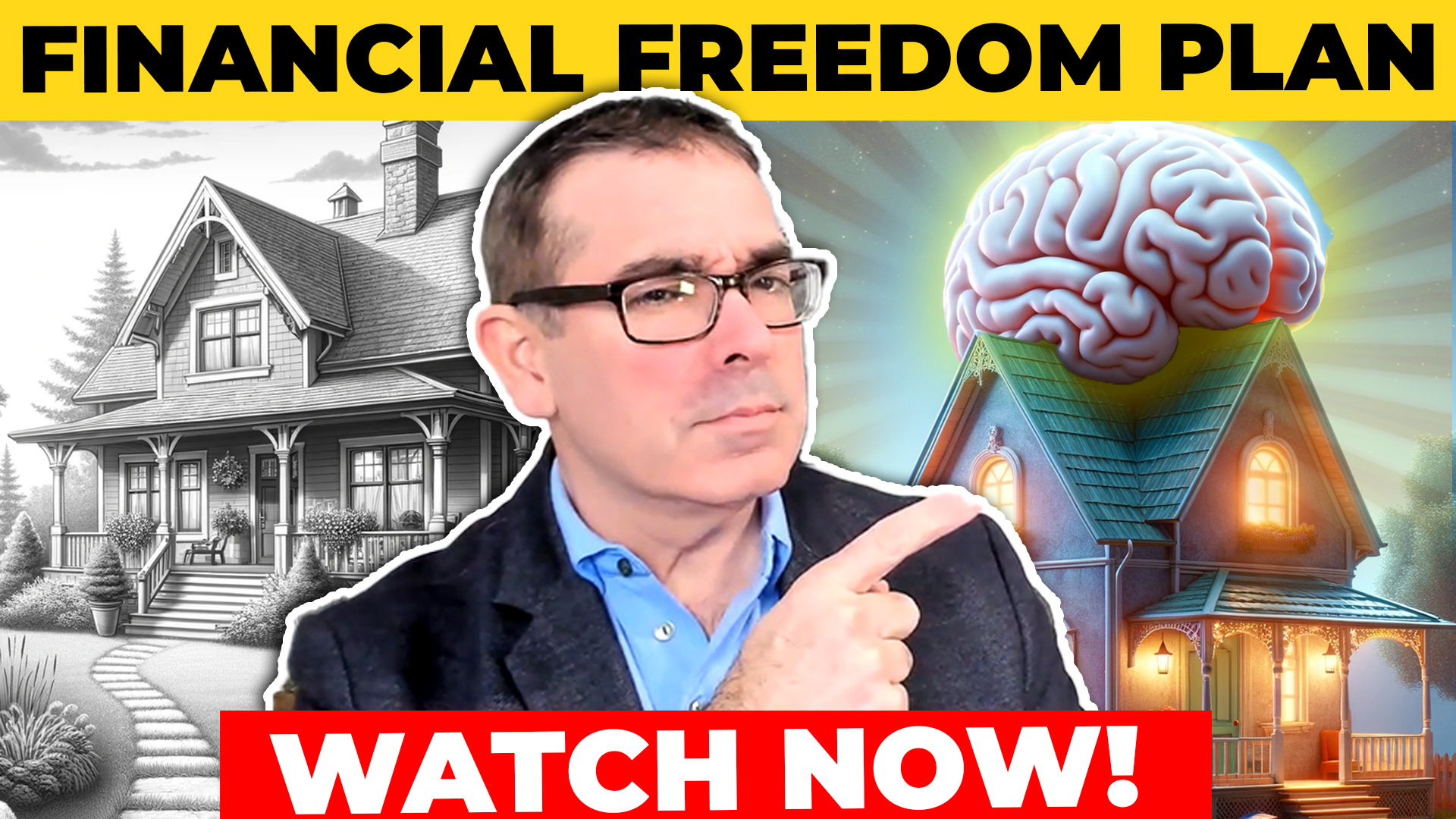In this episode, host Tony Lopes interviews Scott Saunders about 1031 exchanges and their benefits. They discuss the basics of a 1031 exchange, including the role of qualified intermediaries and the process of exchanging properties. They also explore the advantages of using a 1031 exchange to scale and grow a real estate portfolio. Additionally, they touch on the importance of protecting personal and financial freedoms, as well as the potential for investing in oil and gas through a 1031 exchange. Scott also shares information about his coaching services for real estate investors.
Takeaways
- A 1031 exchange allows investors to defer capital gains taxes by exchanging one property for another of equal or greater value.
- Qualified intermediaries play a crucial role in facilitating the exchange process and ensuring compliance with IRS regulations.
- A 1031 exchange can be a powerful tool for scaling and growing a real estate portfolio, allowing investors to leverage their gains into larger and more profitable properties.
- Investing in real estate through a 1031 exchange can provide financial security and wealth-building opportunities.
- It is important to protect personal and financial freedoms by diversifying investments and staying informed about market dynamics.
- Scott Saunders offers coaching and assistance to individuals interested in real estate investing and 1031 exchanges.
Chapters
- 01:30: What is a 1031 Exchange?
- 06:47: The Importance of Properly Executing a 1031 Exchange
- 09:06: Benefits of a 1031 Exchange
- 10:57: Scaling and growing through 1031 Exchanges
- 22:23: The Broad Scope of Real Property in 1031 Exchanges
- 31:07: Using 1031 Exchanges to Invest in Oil and Gas
- 41:48: Contact Information and Closing Remarks





